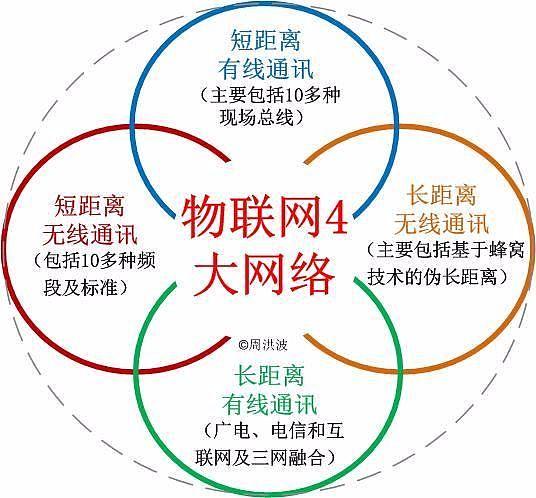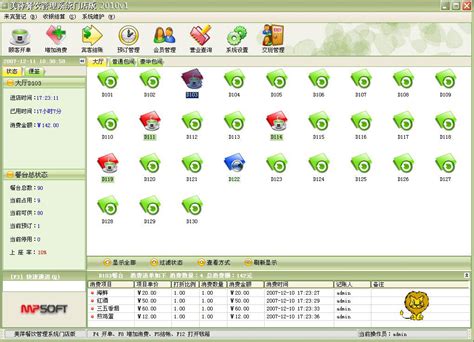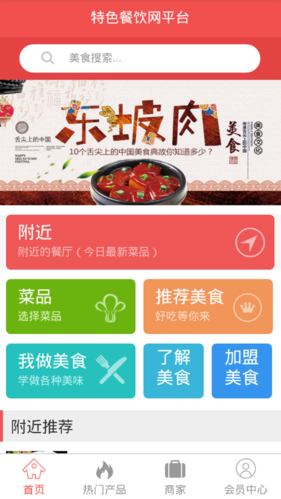健康区块链app
Title: Enhancing Healthcare Data Sharing with Blockchain Technology
Introduction:
In recent years, there has been a growing interest in utilizing blockchain technology to improve the efficiency, security, and privacy of healthcare data sharing. Blockchain, originally designed for cryptocurrencies like Bitcoin, is a decentralized and transparent digital ledger that records transactions in a secure and immutable manner. This article will explore the potential benefits and challenges of using blockchain for sharing health data and discuss relevant solutions and recommendations.
Benefits of Blockchain in Healthcare Data Sharing:
1. Enhanced data security and privacy: Health data stored on a blockchain is encrypted, timestamped, and distributed across multiple nodes, reducing the risk of unauthorized access or tampering. Blockchain's consensus mechanism ensures the integrity of data, making it highly secure.
2. Improved interoperability: Blockchain can facilitate seamless exchange and integration of health data across different healthcare providers, systems, and devices. Smart contracts can automate data sharing agreements and enforce compliance with relevant privacy regulations.
3. Streamlined data consent management: Blockchain enables patients to have more control over their health data and exercise granular consent for data sharing. Patients can provide explicit consent for specific data elements while maintaining anonymity through blockchain's cryptographic techniques.
4. Efficient data reconciliation and auditing: Traditional healthcare data sharing involves complex reconciliation processes, leading to delays, errors, and discrepancies. Blockchain's distributed ledger eliminates the need for reconciliation, resulting in reduced administrative burden, improved accuracy, and faster access to data.
5. Facilitated research and innovation: Blockchain allows researchers and innovators to securely access a larger pool of diverse health data for studies, clinical trials, and development of personalized therapies. This can accelerate medical breakthroughs and lead to improved patient outcomes.
Challenges and Solutions:
1. Scalability: The large volume and velocity of healthcare data pose scalability challenges for blockchain. To overcome this, advanced consensus mechanisms like proofofstake or sharding techniques can be employed to increase transaction throughput.
2. Data standardization: Healthcare data is often structured differently across organizations and systems, hindering interoperability. Implementing data standardization protocols and using interoperable data models such as FHIR (Fast Healthcare Interoperability Resources) can address this challenge.
3. Regulatory and legal considerations: The usage of blockchain in healthcare data sharing must align with various privacy and security regulations like HIPAA (Health Insurance Portability and Accountability Act) and GDPR (General Data Protection Regulation). Collaboration between blockchain developers, healthcare providers, and legislators is necessary for the development of compliant solutions.
4. Trust and adoption: Widespread adoption of blockchain in healthcare requires building trust among stakeholders, including healthcare providers, patients, and regulatory bodies. Demonstrating successful pilots, conducting educational initiatives, and creating governance frameworks can help foster trust and encourage adoption.
Recommendations:

1. Collaborate and standardize: Healthcare organizations, technology companies, and regulatory bodies should collaborate to establish common data standards, interoperability frameworks, and governance models for blockchainbased healthcare data sharing.
2. Conduct pilot projects: Implementing pilot projects in select healthcare organizations can help in evaluating the benefits, challenges, and feasibility of blockchain applications in healthcare data sharing.
3. Educate stakeholders: It is crucial to educate healthcare providers, patients, and policymakers about the potential of blockchain in improving health data sharing. Workshops, seminars, and awareness campaigns can promote understanding and acceptance of the technology.
4. Ensure privacy and security: Developers should implement robust encryption algorithms, consent management systems, and adherence to relevant data protection laws to ensure the privacy and security of shared health data.
Conclusion:
Blockchain technology holds significant promise in transforming healthcare data sharing by enhancing security, privacy, interoperability, and research capabilities. Overcoming scalability, data standardization, regulatory, and trust challenges requires collaboration, standardization, pilot projects, and education. By embracing blockchain, the healthcare industry can unlock the full potential of health data, leading to improved healthcare outcomes, personalized treatments, and medical breakthroughs.











